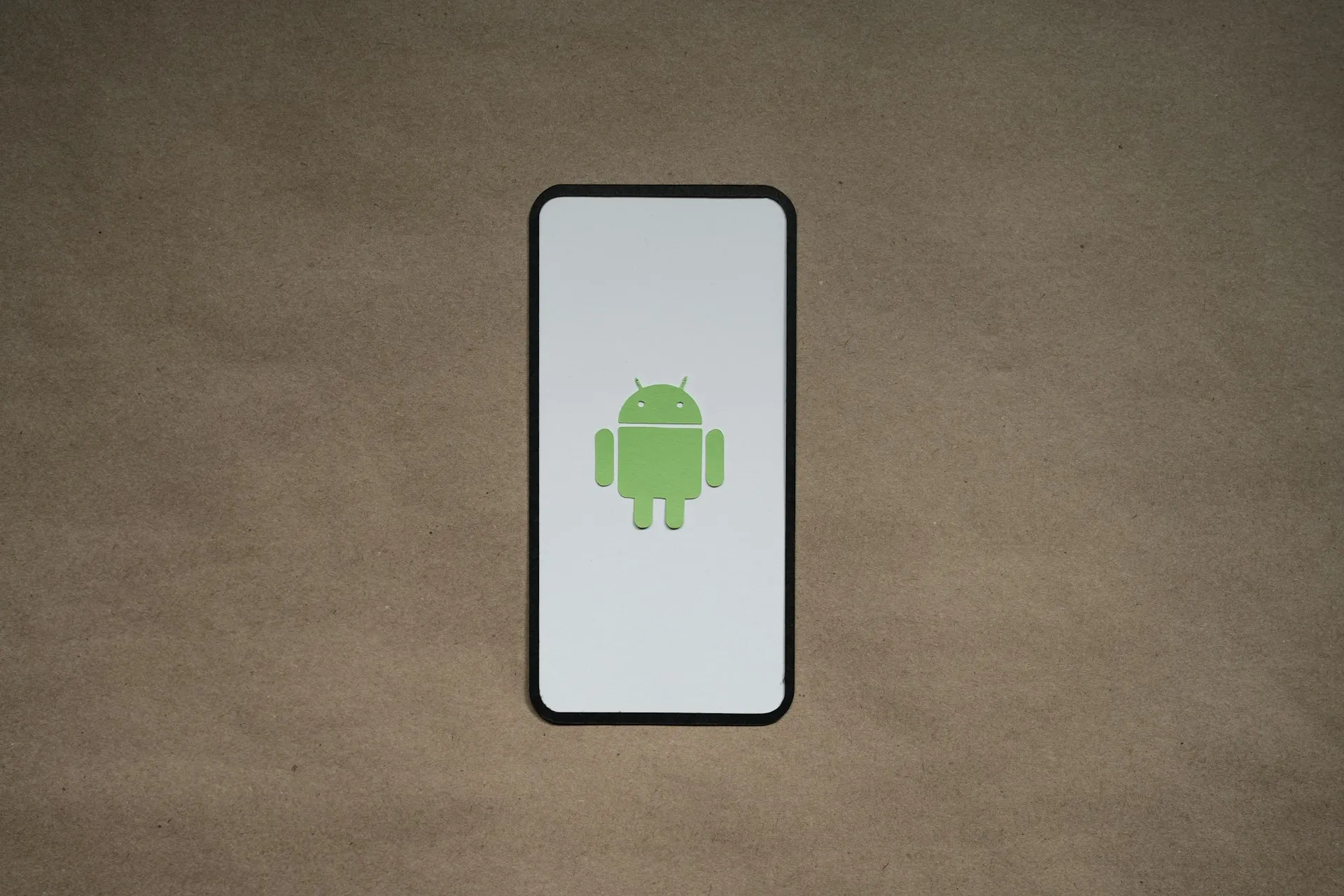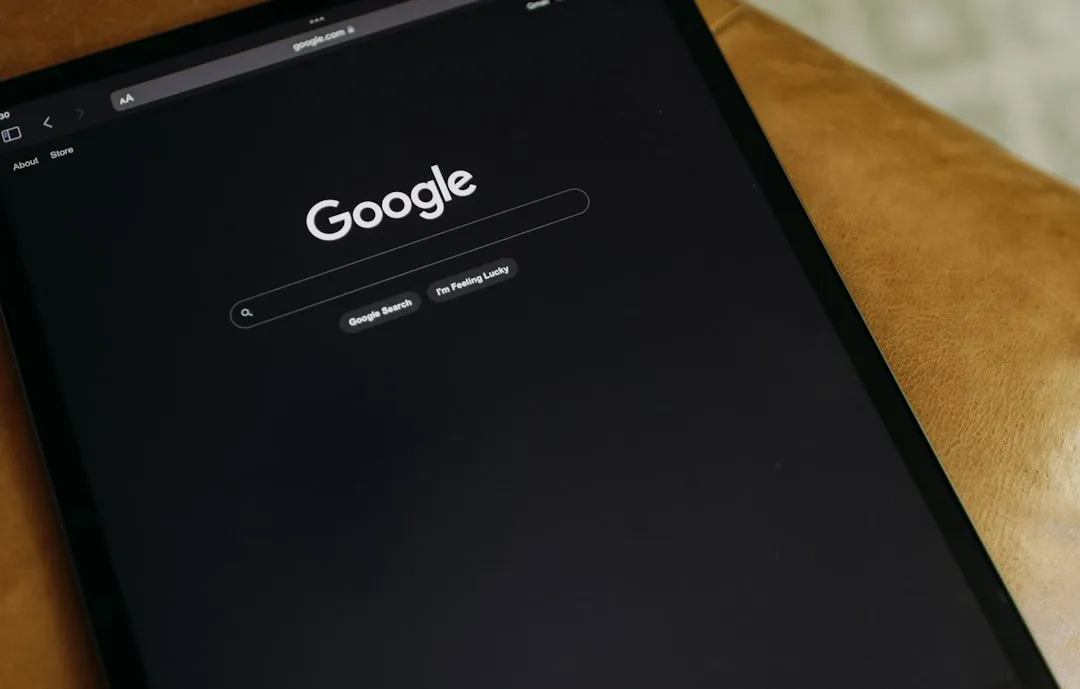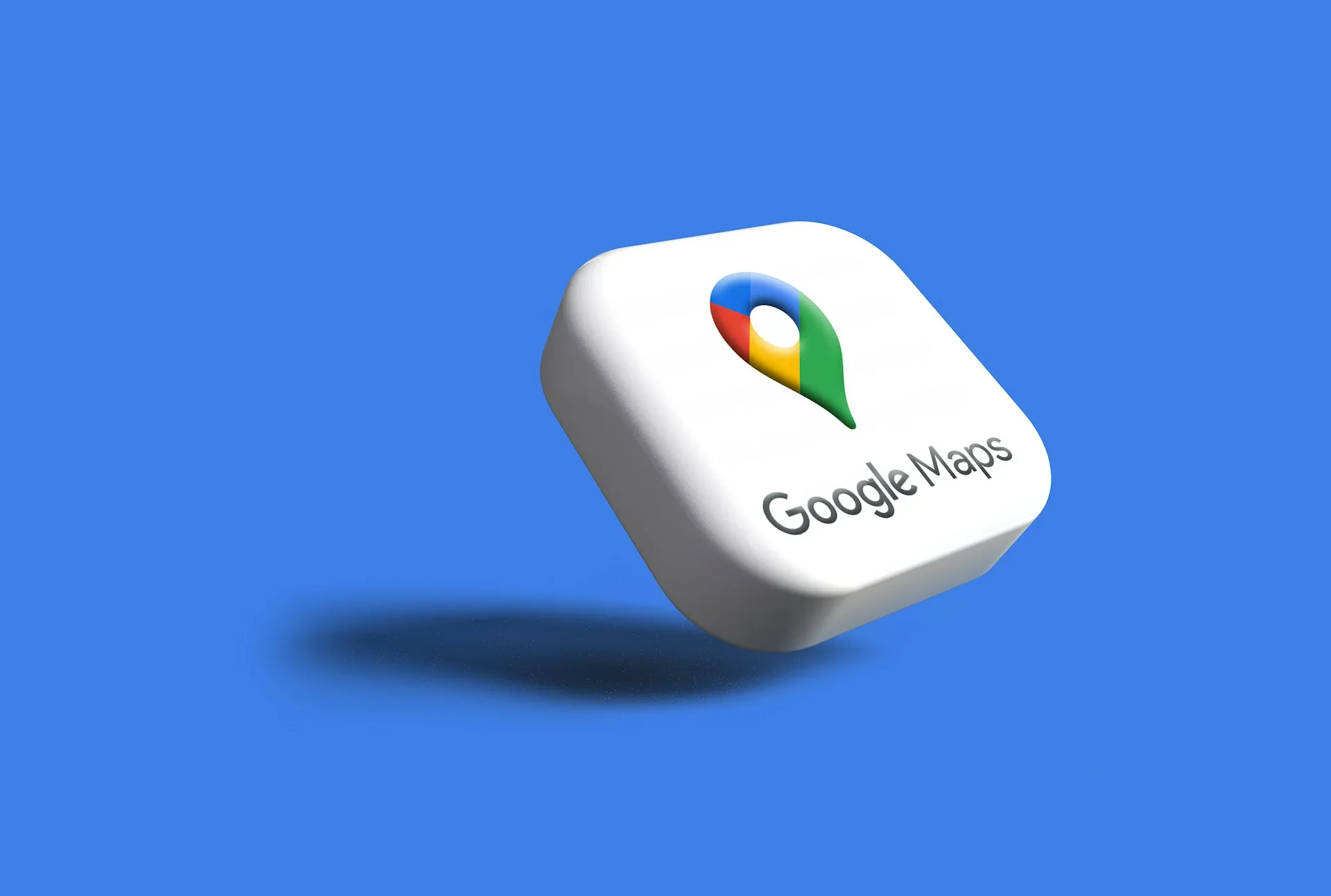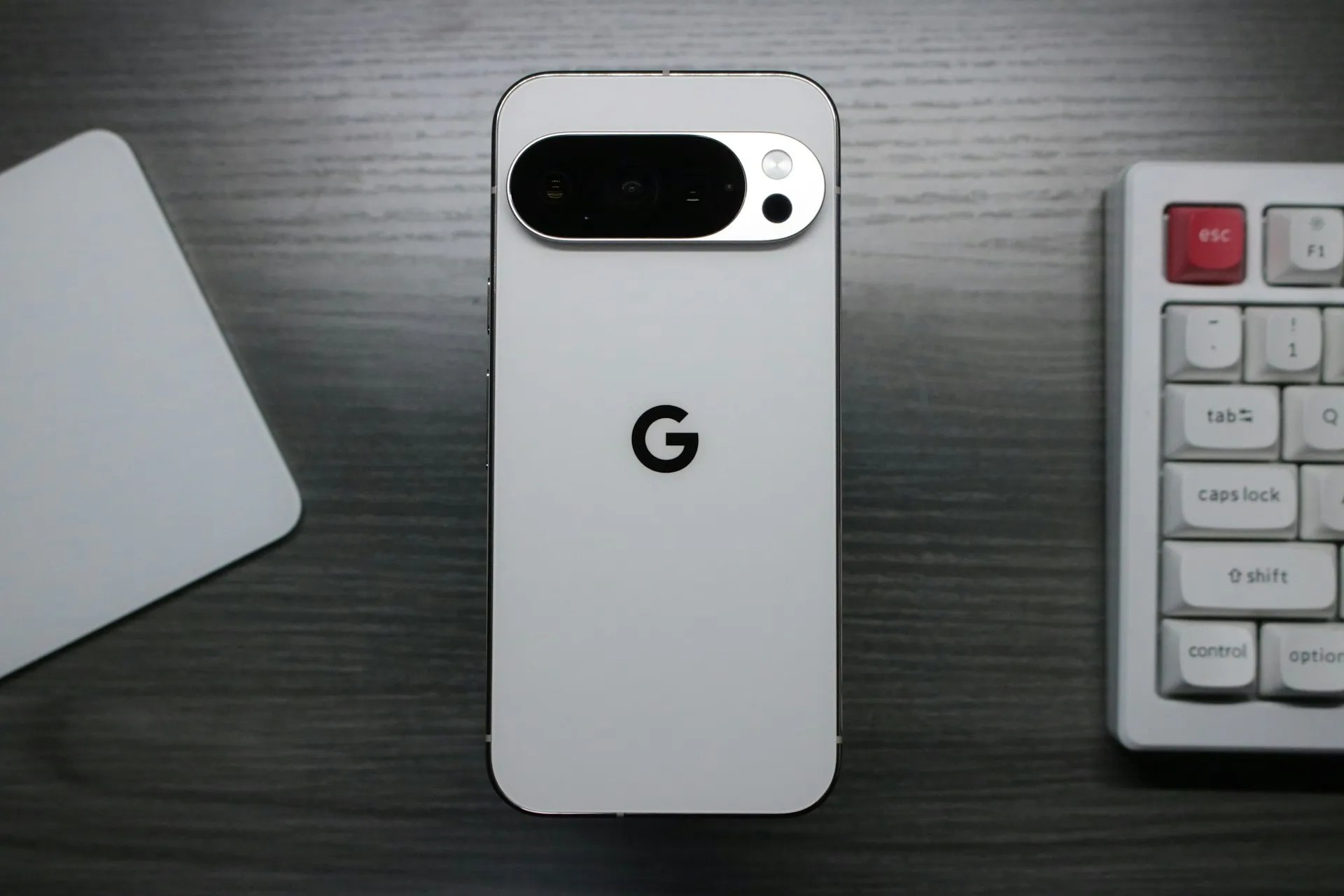Google's Play Store just hit a legal roadblock that could reshape the entire Android ecosystem. The Supreme Court recently turned down the tech giant's last-ditch effort to delay sweeping changes to its app marketplace, according to multiple reports. The decision stems from a years-long fight with Epic Games. Google now has to roll out major operational changes by October 22, 2025, a shift that could open the door to competing app stores and alternative payment systems on Android devices.
The broader implications for tech competition
This Supreme Court decision sets a real‑world test for platform monopolies. Google argued that the changes would impact over 100 million US Android users and 500,000 developers. That is a lot of people, and a lot of code, about to operate under new rules.
The timing lands in the middle of a broader antitrust push. The Department of Justice is currently pursuing separate antitrust claims against Apple, and enforcers will study the Google case for lessons on regulating platforms. The Epic win shows juries can and will side against tech giants when the evidence of competitive suppression is clear.
Epic has already moved to capitalize on Web Shops, a way for developers to sell in‑game content directly to players. This service is specifically designed to take advantage of the court injunctions that let developers steer users away from app store payments. Payment processors, alternative app stores, and developer service companies are lining up for the newly opened Android ecosystem.
What happens next in the Google saga
Google still plans to fight. Google plans to file its complete Supreme Court appeal by October 27, which could allow the justices to consider the case during their next term beginning October 6. The stay denial hints at skepticism toward Google's arguments after consistent rulings across multiple courts.
The three‑year implementation period creates a rare chance to watch competition, pricing, and user experience change in the wild. Google continues to argue that these modifications will compromise user security by enabling potentially malicious app stores to proliferate, while critics say this is more about market power than safety. We will see which story plays out.
For developers and Android users, October 22 is the starting gun for the biggest shake‑up in app distribution since smartphones went mainstream. Whether this brings cheaper prices and better services, or the fragmentation and security issues Google predicts, will shape how regulators treat other platforms for years.
The takeaway is simple. We are watching antitrust theory collide with the phones in our pockets. This is not just new tech; it is a rethink of who controls digital commerce and app distribution. The Android ecosystem is about to become the world's largest test of whether forced platform competition actually helps consumers and developers, just as the textbooks say it should.
























Comments
Be the first, drop a comment!